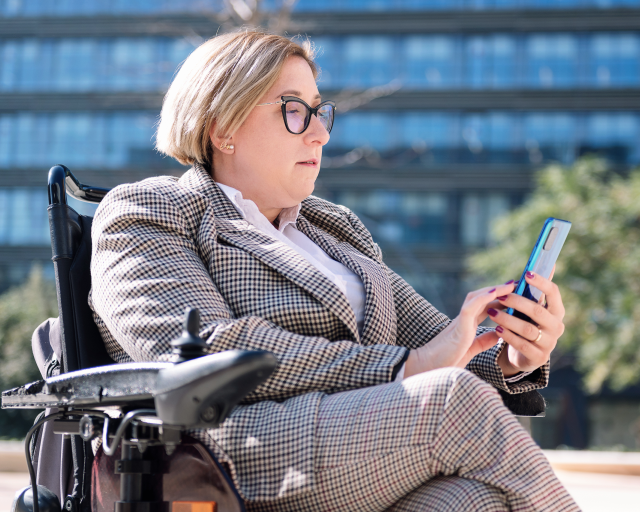WORK. LIFE. STUDY. YOU CAN DO IT.
Balancing postgraduate study with work takes planning, but it’s absolutely achievable. And if you’re studying with the College of Law, you won’t be doing it alone.
We asked two College alumni, now also lecturers, what helped them succeed in their Master of Laws (Applied Law) program referred to as LLM. Their tips are practical, realistic and grounded in what it’s actually like to study while juggling work, family and everything else. Here’s their advice, plus a few insights from the College team who support students every day.

START SMALL. ONE SUBJECT IS ENOUGH TO BEGIN.
There’s no pressure to dive in with a full load. Most students start with one subject to get familiar with the structure, pace and platform. That’s not just allowed, it’s encouraged.
Tatiana (College of Law staff): “Our strong recommendation is to start with one subject. Once students settle in, they might take on more, but there’s no need to rush.”

KEEP UP WEEK BY WEEK
One of the biggest challenges isn’t the content, it’s consistency. Staying on top of weekly reading and activities can make a big difference when assessments roll around.
Crispian (Lecturer and Family Law graduate): “As soon as you get access to the materials, start reading. I created a document for each module to track notes and readings, and downloaded everything upfront.”
Adeline (Lecturer and Wills & Estates graduate): “Don’t fall behind. It’s much harder to catch up later, especially when assessments hit. Set a weekly rhythm and stick to it.”

USE THE SUPPORT ON OFFER
Every subject includes weekly interactions held via web conference. They’re optional, but most students who attend say they’re invaluable. You can ask questions, test ideas and hear how others are approaching the same material.
Adeline: “Those who come to the interactions tend to do better. You’re not just reading, you're talking through ideas and hearing how others approach similar problems.”
Crispian: “We try to make it personal. I start every intake by learning what students want from the subject. It’s a safe, respectful space to ask questions and connect.”

DON'T BE AFRAID TO CONNECT WITH OTHER STUDENTS
Online doesn’t mean isolating. Many students build lasting connections through the weekly sessions or informal study groups.
Adeline: “I made lifelong colleagues in my LLM. We still talk and refer work. You never know who you’ll meet.”

TIME MANAGEMENT IS EVERYTHING
No one is expecting you to drop your workload or your life. But a bit of planning goes a long way.
Crispian: “Plan your weeks. I started assessments early, and built in time for work and downtime. You don’t need to stop having fun, but you do need structure.”
Adeline: “I had a baby under one when I started. It was intense, but because the program was flexible and online, I could make it work.”

IT'S NOT JUST ABOUT THE QUALIFICATION
The degree is the goal, but for many, the growth happens along the way. It’s about building confidence, filling knowledge gaps and feeling more equipped to take on complex matters.
Crispian: “The LLM gave me the confidence to take on more complex matters, write, teach, and move forward in my career. It changed the way I practise.”
Adeline: “It filled the gaps in my knowledge and helped me take that next step, from employed solicitor to consulting principal.”
FINAL ADVICE? JUST START.
You don’t have to commit to the full LLM on day one. Many students begin with a Graduate Certificate in Applied Law, just two subjects, and build from there as their capacity grows.
Tatiana: “We’ve seen students from all stages of life succeed. Practitioners with kids, lawyers returning after time out, even students in their 80s. If it’s something you want to do, we’ll support you to make it happen.”
WE'RE HERE TO HELP
Contact us or book a call to chat about your options or explore our Postgraduate Programs to find the right fit for you.

